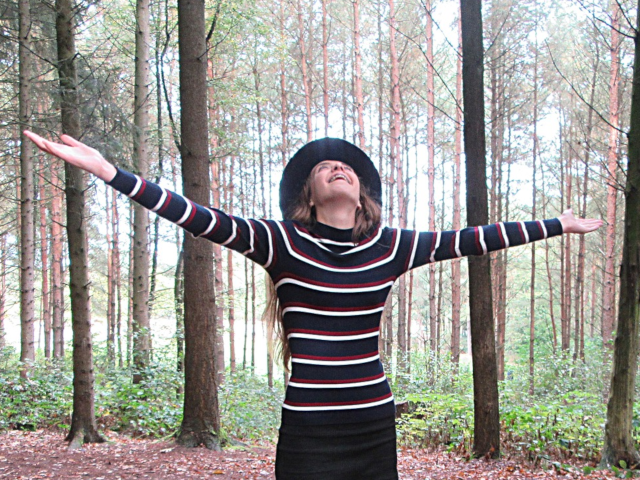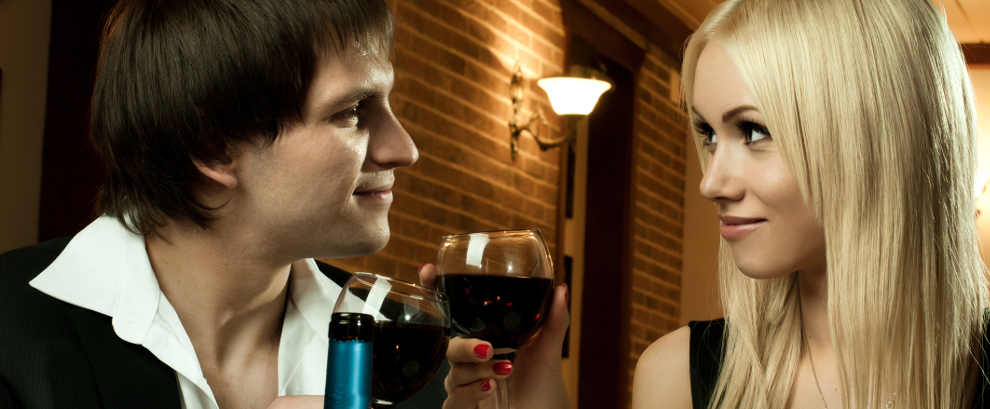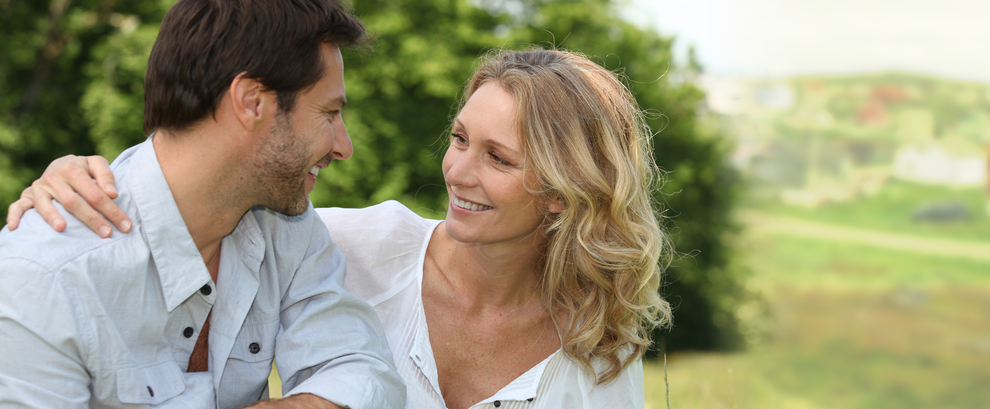
Spontaneity
Eric Berne, Founder of Transactional Analysis as a model of therapy, defines spontaneity as the capacity to see multiple options from which we choose to act. We can freely choose how we think, feel, and behave in response to an event.
To be Spontaneous means to be free from the compulsion to have only the thoughts and feelings you were taught to have and to play the games you were taught to play (or learned to) to maintain your scripted life position.
Intimacy
Finally, Berne defines Intimacy as the “spontaneous, game-free candidness of an aware person, the liberation of the intuitively perceptive, uncorrupted Child in all its naiveté living in the here and now.”
He adds:
Intimacy is essentially a function of the Natural Child; […] it tends to turn out well if not disturbed by the intervention of games. Usually the adaptation to Parental influences is what spoils it, and most unfortunately this is almost a universal occurrence. But before, unless and until they are corrupted, most infants seem to be loving, and that is the essential nature of intimacy.
(Berne 1964)
In this context “Child” means the capacity each of us has to be childlike even as an adult. This is about seeing the world as if through the eyes of a child, in all its tenderness and from a place untainted by the effects of day-to-day life. This is the Child Ego State we discussed earlier.
Put another way, true intimacy springs from love in its purest form, without any social controls or parental directives flavoring or otherwise affecting it. It is the closest anyone can get to being completely happy in the presence of another. It is a natural state, unblemished, pure, and honest. It is true love.
We all start our lives in an autonomous state, but through our socialization, we adapt to a more controlled way of being. We must adapt this way to survive. Without this socialization process, life would be like being repeatedly hit by a car because we haven’t learned the rules of the road.
Berne also says that “It is because his adaptation is in the nature of a series of decisions that it can be undone…” In other words, decisions can be reversed and replaced when your circumstances require them to change.
This might sound like a bit of a contradiction. How can we be like children, experiencing our world through all of our senses, yet as adults live under all the social constraints we had to conform to, just to survive?
We can do both, because our aim is to be childlike, not childish. Being childish is about living selfishly with no concern for anyone else. You can accept society’s norms while remaining curious and interested in everything that comes into your life, just as a child is. Hope this article gets you thinking. If so add your comments here to keep the conversation going.
To the wonder of you,











Leave a reply